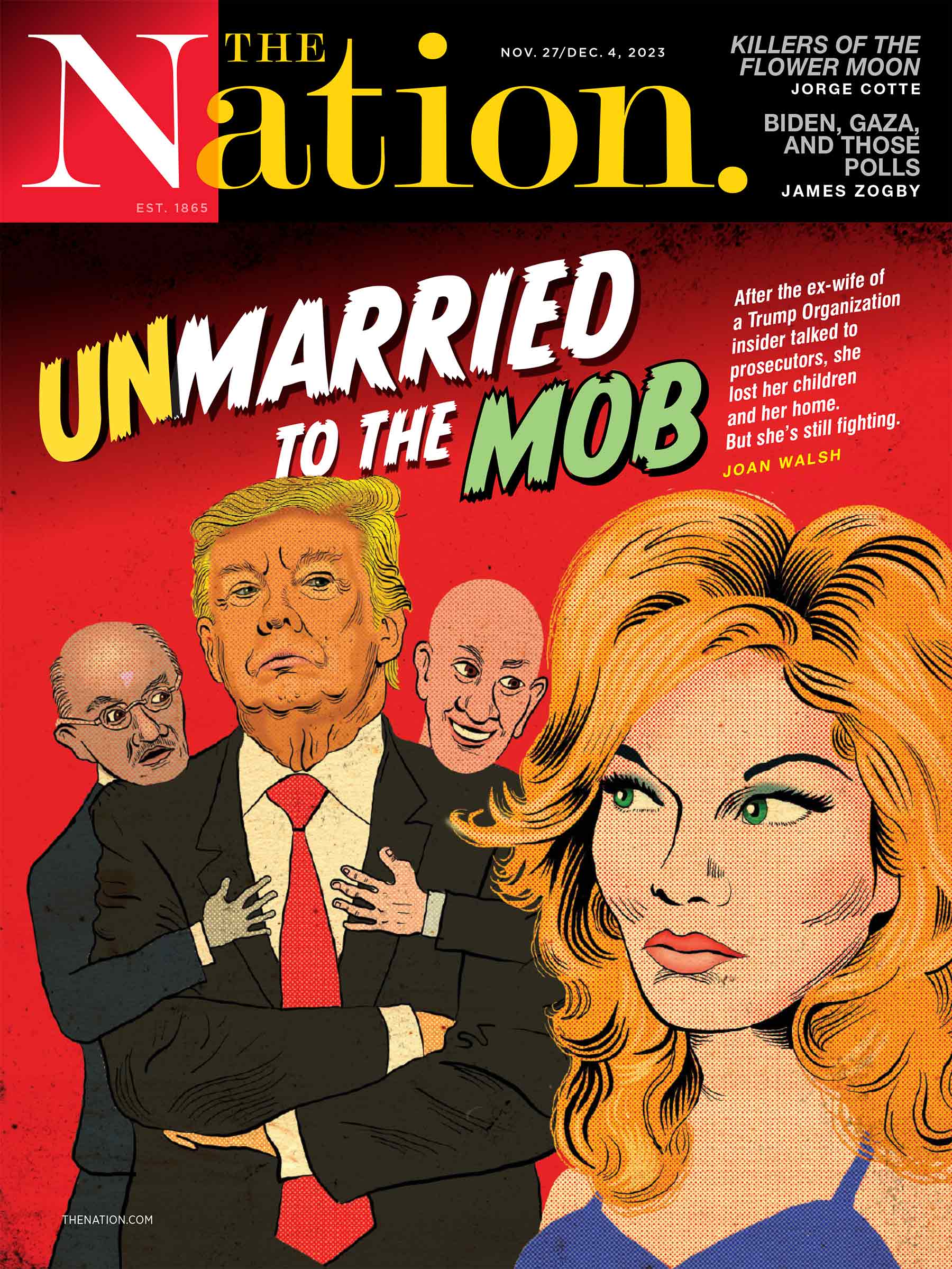Lives on the Ground Lives on the Ground
New memoirs from Israel and Palestine offer the chance not to escape the political conflict but to grasp the way it impacts daily life.
Jan 31, 2008 / Books & the Arts / Adina Hoffman
The Dot Matrix The Dot Matrix
In I'jaam: An Iraqi Rhapsody, novelist Sinan Antoon explores themes of love, loss, identity and resistance in the face of political oppression.
Jan 3, 2008 / Books & the Arts / Laila Lalami
The Nijinsky of Ambivalence The Nijinsky of Ambivalence
During a Vietnam War protest, Norman Mailer blustered and banged a generation's experience through his prodigious ego.
Nov 21, 2007 / Books & the Arts / Morris Dickstein
Judging Thomas Judging Thomas
A close look at Supreme Court Justice Clarence Thomas reveals a deeply conservative and increasingly bitter man.
Nov 8, 2007 / Books & the Arts / Jon Wiener
ART in America ART in America
Two new books explore the possibilities and ethical complications of assisted reproductive technology.
Nov 8, 2007 / Books & the Arts / Rebecca Tuhus-Dubrow
Father of History Father of History
Bettina Aptheker's recent memoir has incited fierce debate over her father s legacy.
Oct 18, 2007 / Books & the Arts / Christopher Phelps
Frank Schaeffer Goes Crazy for God Frank Schaeffer Goes Crazy for God
The original poster child for the religious right describes how he came to terms with religion and an odd upbringing.
Sep 27, 2007 / Books & the Arts / Jane Smiley
Greenspan and the Myth of the True Believer Greenspan and the Myth of the True Believer
His autobiography sheds light on what motivates hard-right political leaders to apply brutal economic shock therapy.
Sep 27, 2007 / Books & the Arts / Naomi Klein
The Passenger The Passenger
In a posthumously published memoir, Ryszard Kapuscinski looks back on his life as a pathbreaking literary journalist who covered the Third World during the cold war.
Sep 13, 2007 / Books & the Arts / Andrew Rice
The Doctor Stories The Doctor Stories
Atul Gawande offers up a banal self-help manual for aspiring MDs, while Pauline Chen prescribes a dose of compassion.
May 24, 2007 / Books & the Arts / Lizzy Ratner
